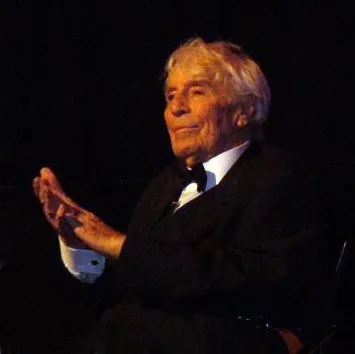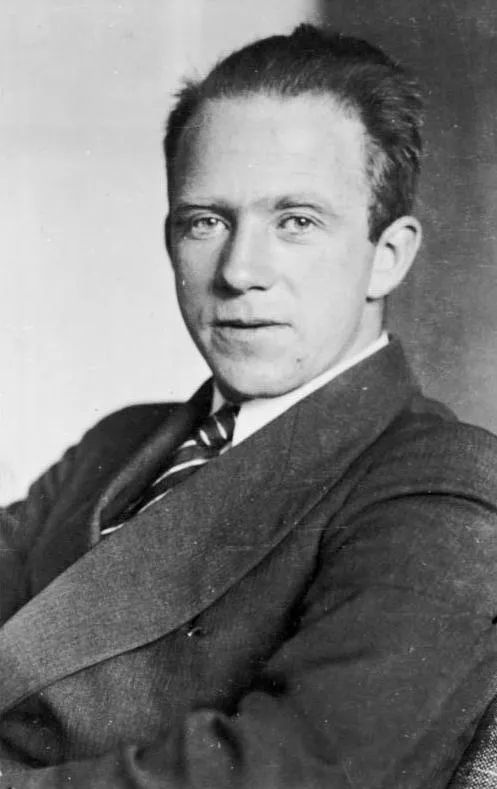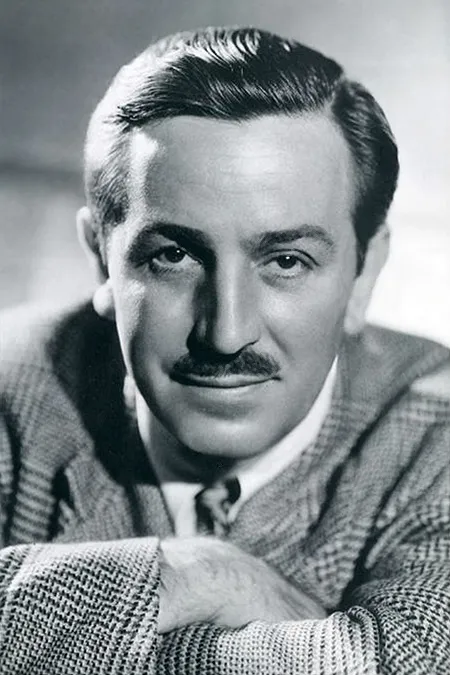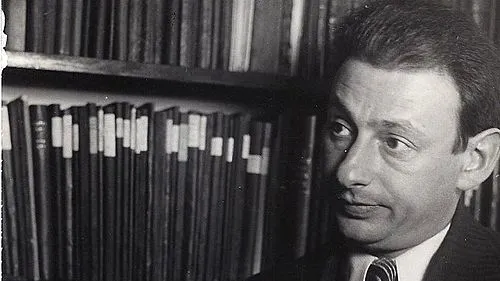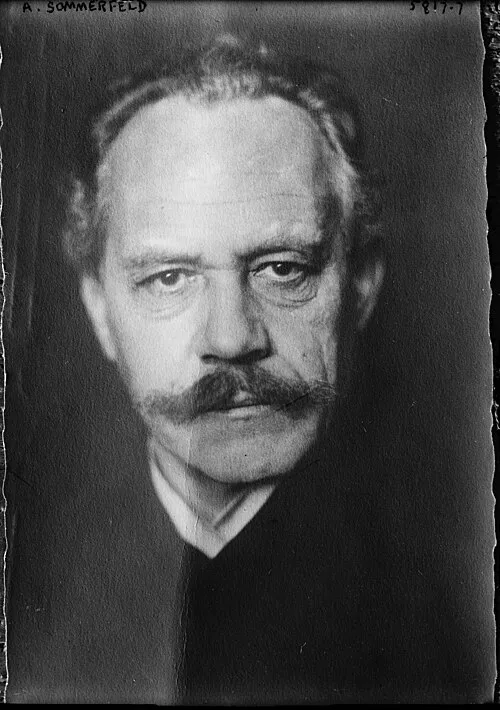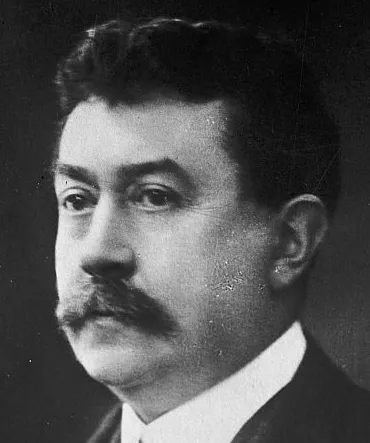
Birth Year: 1907
Nationality: Chinese
Profession: General and Politician
Political Position: 2nd Vice Premier of the People's Republic of China
Death Year: 1971
Lin Biao: The General Who Dared to Dream
In the backdrop of a turbulent China, where warlords ruled and revolution brewed, a young boy named Lin Biao emerged into the world in 1907. Born in the province of Hebei, Lin was destined for greatness. However, little did he know that his life would become a tapestry woven with ambition, political intrigue, and ultimately tragedy.
As he grew up during a time when China was grappling with imperialism and civil strife, Lin’s early years were marked by unrest. Perhaps his formative experiences during these chaotic times shaped his future endeavors he developed a strong resolve to see China united under one banner. In 1925, despite being only 18 years old and still finding his way through the tumultuous political landscape, he joined the Communist Party of China (CPC). This decision would lay down the first stone on his long path toward power.
Lin's military career began amidst fierce battles against Japanese invaders and Nationalist forces. He quickly rose through the ranks; however, it was during the Second Sino-Japanese War that he truly made a name for himself as an exceptional military strategist. With each victory over Japanese troops in guerrilla warfare operations often conducted with minimal resources Lin became renowned for employing tactics that seemed almost intuitive. It could be said that he had an uncanny ability to read the battlefield like an open book.
After World War II ended, Lin took part in yet another critical chapter of Chinese history the civil war against Chiang Kai-shek's Nationalist government. Despite overwhelming odds stacked against him at times and who knows how many generals might have faltered Lin rallied troops and secured several pivotal victories for the Communists.
The year 1949 saw China's transformation as Mao Zedong proclaimed its establishment as a socialist state the People's Republic of China (PRC). It was amidst this historic shift that Lin Biao found himself elevated to new heights; appointed as Vice Premier and Minister of Defense in 1954 a position from which he would orchestrate military strategy during China's early years under Communist rule.
Despite this newfound power and arguably because of it tensions began to rise within Mao's inner circle. Ironically enough, even though they shared common goals initially, personal ambitions led many including Lin to seek favor from Mao while undermining others around them. As Lin solidified his place among Mao’s most trusted allies over time through various campaigns like "The Great Leap Forward," whispers about potential betrayal circulated like wildfire among rival factions.
The Cultural Revolution launched by Mao in 1966 proved pivotal not just for Chinese society but also for Lin's trajectory within it; driven by zealotry rooted deep within communist ideology itself! During this radical period marked by mass purges aimed at rooting out perceived enemies even those once thought loyal Lin seized an opportunity presented before him: In declaring himself “the right-hand man” to Mao Zedong himself! Yet behind closed doors lay treachery lurking... Was this really loyalty or merely survival?
This rapid ascent came with inherent dangers the very nature of political machinations meant trust became scarce commodities amid competing ambitions dominating top officials! Perhaps nothing highlighted such struggles more than events surrounding “The Little Red Book” Mao’s philosophical manifesto which sought cult-like devotion from followers worldwide but specifically targeted party elites who needed direction amid chaos swirling around them!
By aligning himself closely with both Mao’s vision and propagating doctrine found within those pages filled with revolutionary fervor... In retrospect though? One could argue perhaps these choices set stage leading directly towards downfall looming ever closer on horizon ahead!
The turning point arrived dramatically when tensions between Lin Biao & Chairman Mao escalated drastically culminating into outright conflict a true falling out fueled largely due ideological differences concerning future direction alongside worries regarding weakening grip upon power structures already shifting beneath their feet...
A tragic twist awaited all involved when reports surfaced indicating plans designed secretly aiming overthrowing Chairman thereafter installing him self along supreme leader instead! But fate turned cruel after failure... Cornered without options left available including exile abroad becoming increasingly unlikely option sought after given circumstances unfolding around them it wasn’t long before dire consequences followed suit!
The fateful event occurred September night back in ‘71 whilst traveling back home from Moscow aboard plane intended transport loyal cadre members safely back home upon orders issued personally issued chairman/leader directly themselves! Alas soon discovered sudden mechanical failure plunged aircraft deep below ground creating catastrophic crash ultimately claiming lives countless fellow passengers aboard including infamous general known widely amongst circles surrounding CPC leadership before passing away hastily chosen way exit stage forever lost sight leaving behind legacies both questioned re-evaluated afterwards...
Early Life and Education
Lin Biao was born into a family of modest means. With an early interest in military affairs, he attended a military academy where he honed his skills. By the rise of the Chinese Communist Party (CCP), Lin had positioned himself within the military, joining the National Revolutionary Army during the late 1920s. His commitment to the communist cause began to grow during the Second Sino-Japanese War, where he demonstrated remarkable strategic planning and leadership.
Military Career
Lin’s military career flourished during the Chinese Civil War, as he became a key commander in various campaigns against the Nationalist forces. His leadership in the Huaihai Campaign in 1948 was particularly notable, contributing to a decisive victory for the CCP. Following the establishment of the People's Republic of China in 1949, Lin continued to rise through the ranks, ultimately becoming a vice premier and chairman of the Chinese People's Liberation Army.
Role in the Cultural Revolution
Lin Biao's influence peaked during the Cultural Revolution, where he became a pivotal figure alongside Mao Zedong. His alignment with Mao's ideology facilitated the promotion of the Little Red Book, a collection of Mao's quotes that became a cultural touchstone in China. Lin was seen as Mao's designated successor, embodying the fervent revolutionary spirit of the time.
Downfall and Death
However, the tides of power shifted dramatically. In September 1971, Lin died in a mysterious plane crash in Mongolia, which was initially deemed an accident but fueled speculation about a coup attempt against Mao. His sudden demise led to a posthumous denunciation, marking him as a traitor and significantly altering the trajectory of the Communist Party.
Legacy
Lin Biao's legacy remains controversial. While some regard him as a national hero who fought for CCP ideals, others view him through a critical lens as a symbol of the excesses of the Cultural Revolution. His life illustrates the complexities and contradictions within the Communist Party's history, where loyalty and ambition could swiftly turn from ally to opponent.
A Legacy Divided
- Propaganda: Even posthumously stripped honor stripped entirety remained intact ensuring history remembered prominently leaders celebrated publicly throughout decades following downfall somewhat ironically opposite intentions original aims envisioned earlier stages respective careers undertaken till then.
- Maoism vs Revisionism: Arguably laid groundwork sowing seeds further divisions felt enduringly later generations grappling complexities faced navigating modern landscapes arriving times present-day contexts ongoing debates while addressing implications choices made past ultimately shaping futures yet come forth remaining eerily resonant even today!
- Cultural Reflections:



